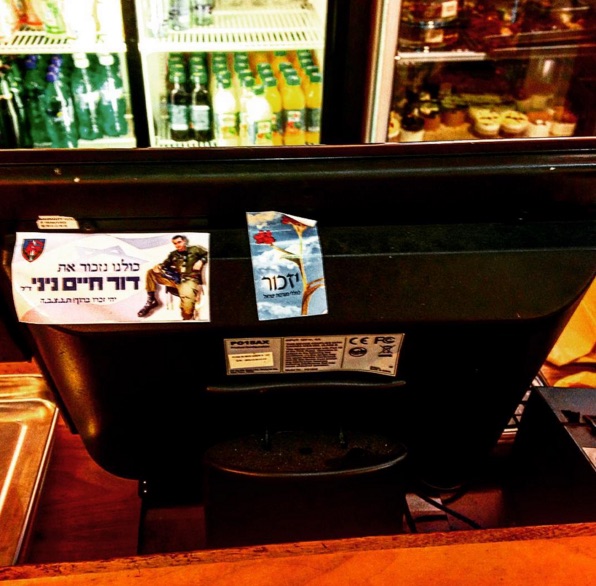
Check out this song of mine called “Jacob’s Journey” while you read this post. It’ll connect by paragraph 6:
Awhile back I wrote about why I find such meaning in creating contexts that help others find and share their voices. The other day I found myself leafing through some reflective journaling prompts I used earlier this year to do precisely this. One of the prompts was, “If you could ask God one question what would it be?” Among the many replies, a 1st grader wrote, “[I would ask God]: Can anywhere be a holy place?”
I love this question.
There are obviously many different ways to respond to it. But at the end of the day, an individual’s answer, assuming we’re able to formulate one, is either yes, no, or ‘it depends.’ I’m squarely in the YES category. I believe that anywhere CAN be a holy place.
Holiness, like lots of abstract concepts, is sometimes easier to describe in the negative. Taking my cue from one of Jewish tradition’s insights re: holiness, holy is the opposite of mundane. If we don’t believe in the mundane, then everywhere and everything is holy. If we do acknowledge that there’s mundane moments and experiences in this world, then everywhere and everything have the potential to be holy. It’s basically up to us.
For (perhaps) obvious reasons, the biblical character of Jacob keeps coming to mind in this context. While fleeing from the understandably angry Esau, Jacob stops for the night. He takes a rock for his pillow. And then he dreams of a ladder connecting heaven and earth with angels going up and down. When he wakes he famously declares, “God was in this place, and I did not know.” Anywhere can be a holy place.
The child that asked this question is a student at The Davis Academy. He’s spent the formative years of his life to this point participating in worship services in our gymnasium and in various other multipurpose spaces on campus. Perhaps he’s wondering whether the holiness we are able to create in a gym can be created anywhere.
What do you think?